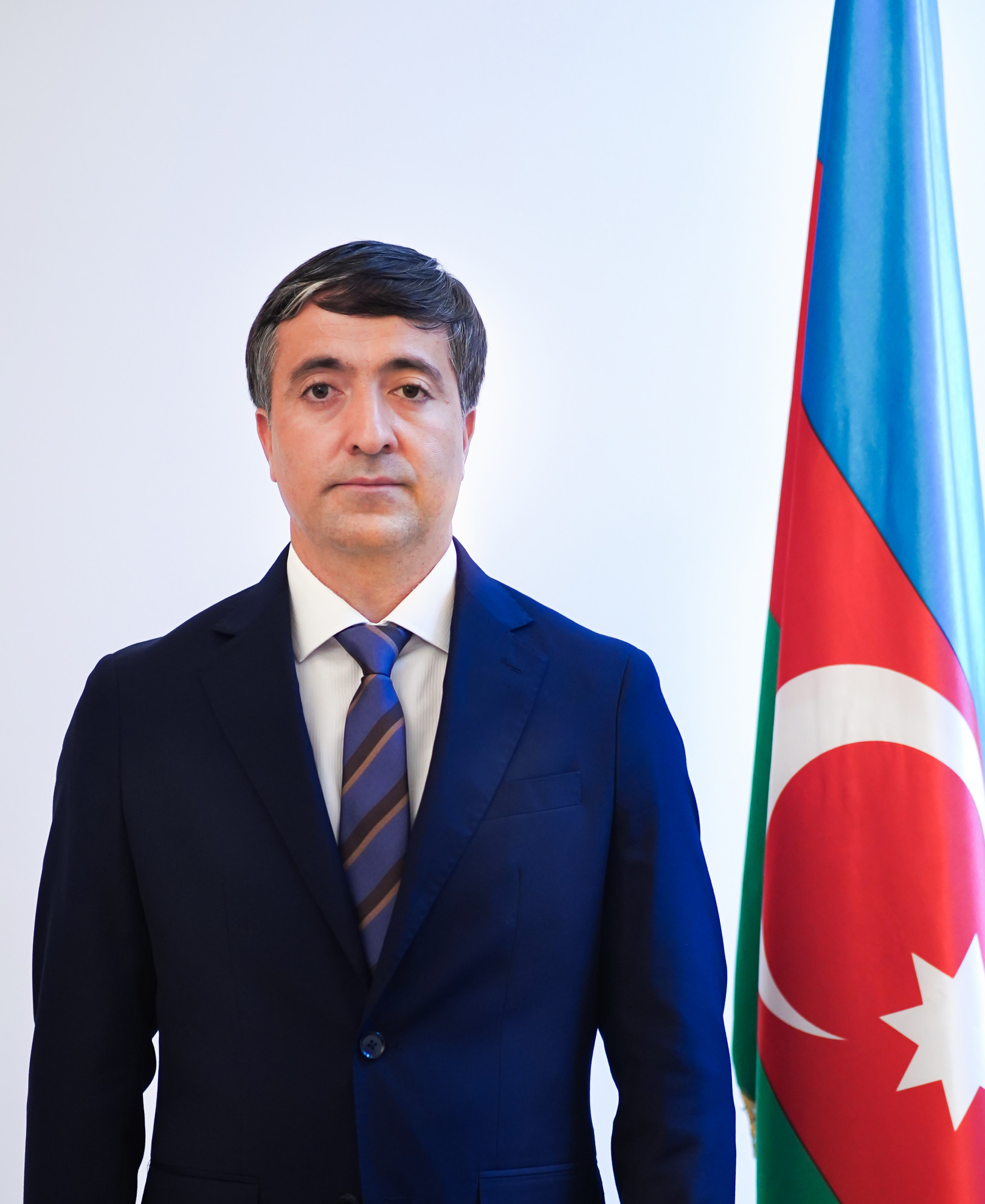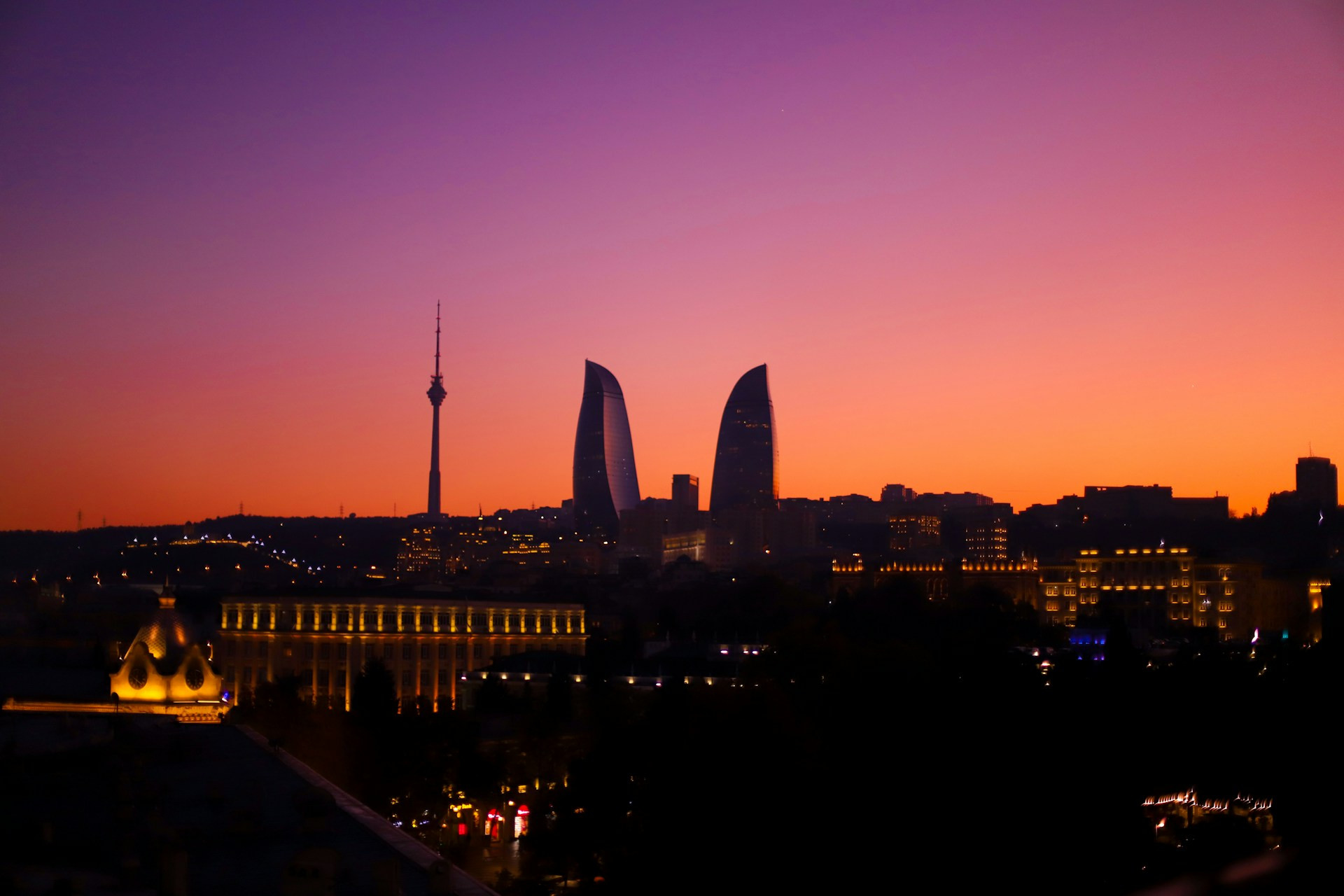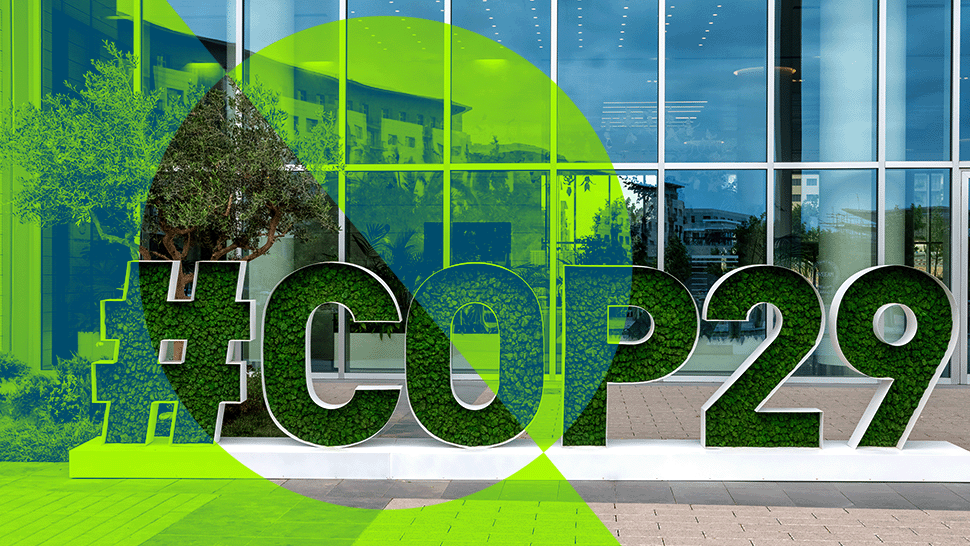Azerbaijan hosted Baku Energy Week, combining three prestigious events as the 29th International Caspian Oil & Gas Exhibition (4-6 June), the 12th Caspian International Power and Green Energy Exhibition (4-6 June), and the 29th Baku Energy Forum (5-6 June) under one umbrella. This year’s energy events have been attended by some 300 companies from 37 countries. The Baku Energy Week gathered companies, high-ranking guests, statesmen, and international experts in the field of energy from many countries. President of the Republic of Azerbaijan Ilham Aliyev also attended this important event and addressed the opening of the 29th Caspian Oil & Gas and 12th Caspian Power exhibitions as part of Baku Energy Week. As noted by President Ilham Aliyev “the Caspian Oil and Gas Exhibition started 30 years ago in 1994. This event has played an instrumental role in attracting foreign direct investments into the energy sector of Azerbaijan. Since that time, this event has transformed into a bigger event and is now called Baku Energy Week, because it embraces all the major segments of energy policy – oil, gas, upstream, downstream, and of course, green energy”.
Touching upon Baku Energy Week, it is important to underlie that Azerbaijan’s successful energy policy and strategy transformed the country into a regional leader that ensures the energy security of many nations. Today, Azerbaijan is supplying natural gas to European energy markets via the Trans Adriatic Pipeline (TAP). From 2020 to 2023, TAP supplied a total of nearly 31 billion cubic meters (bcm) of natural gas to European buyers, of which around 1.83 bcm has been delivered to Bulgaria, 3.03 bcm to Greece, and 25.9 bcm to Italy. The country will double the export of gas to Europe up to 20 bcm annually by 2027. Currently, Italy, Greece, Bulgaria, Romania, Georgia, Turkiye, Hungary and Serbia are buyers of Azerbaijani natural gas, and soon other countries will join this list. Azerbaijani natural gas became an important source of diversification for European nations to ensure energy security.
In essence, hosting such an influential international event in Baku shows Azerbaijan’s role as a reliable energy partner in global energy markets, as well as supports the country’s sustainable development goals. As an energy-rich country, Azerbaijan can make significant contributions to carbon-free energy by supporting renewable energy sources. In recent years, Azerbaijan has accelerated and increased the deployment of renewable energy sources. To this end, international cooperation plays a crucial role in promoting green energy on a global scale, and Azerbaijan strengthens international cooperation with global energy companies to increase renewable power capacity. The Forum is also commemorable as Azerbaijan has signed with the UAE's global renewables company Masdar to construct two solar power plants in Bilasuvar (445 MW) and Neftchala (315 MW), as well as a wind power plant in Garadagh, Absheron, with a capacity of 240 MW. The total investment in these projects is estimated to be around $1 billion. The plants are expected to produce an average annual output of a total of 2 billion 3025 million kWh of electricity, in turn saving 496 million cubic meters of natural gas per year and preventing more than 943 thousand tonnes of carbon dioxide emissions.
Last year, Azerbaijan and the United Arab Emirates (UAE) held an official inauguration of the 230 MW Garadagh Solar PV Plant, the region’s largest operational solar plant. The plant was built at the expense of foreign investment worth $262 million. It is the first industrial-scale solar power plant realized by attracting foreign investment in our country. The plant will produce 500 million kilowatt-hours of electricity annually, saving 110 million cubic meters of natural gas. The plant is the first and the most important renewable energy project in Azerbaijan, which opened new opportunities for cooperation between Azerbaijan and the UAE. Azerbaijan signed the Paris Agreement in 2016 and committed to decrease the level of GHG emissions by 35% in 2030 compared to the base year (1990). As the country aims to generate at least 30% of its electricity from renewable sources by 2030, implementation of such projects will support Azerbaijan’s targets for increasing the share of renewables in its energy portfolio and meeting Paris Agreement goals.
The 2024 was declared "Green World Solidarity Year" in Azerbaijan, and it is an important measure to demonstrate Azerbaijan’s commitment to environmental protection and climate action. The country will host also the 2024 UN Climate Change Conference (UNFCCC COP 29) in Baku for the first time in the region from November 11- 22, 2024. It is an enormous opportunity to bring heads of state and governments, civil society organizations, business, and international institutions together in the region to tackle the climate crisis. Azerbaijan’s engagement in Baku Energy Week and COP29 epitomizes leveraging national capacities and resources through strategic investments in renewable energy projects, supporting reforestation initiatives, and countries' sustainable development policies.
The Baku COP29 will be an important platform to discuss environmental challenges and focus on long-term climate strategies and goals. Moreover, Azerbaijan plans to raise potential topics to discuss during COP29. According to Huseyn Huseynov, Head of the Sustainable Development and Social Policy Department at the Ministry of Economy of the Republic of Azerbaijan, “Azerbaijan is going to propose the creation of a new North-South Financial Mechanism at COP29. The North-South Financial Mechanism's role will serve as a bridge between National Oil (Energy) Companies and International Oil (Energy) Companies, showcasing collaborative efforts for global benefit”.
Along with environmental problems, the peace agenda in the region will be a priority topic on the COP29 agenda. As emphasized by Elshad Iskandarov, Ambassador at Large of the Ministry of Foreign Affairs of Azerbaijan “Baku-hosted COP29 could contribute to global peace. More and more evidence shows that wars and conflicts, as well as their consequences - the destruction of biodiversity, the emission of harmful substances, and the pollution of mines, not only pollute the environment but also bring humanity closer to the irreversible red line of climate change”. Another Azerbaijani government official, Hikmet Hajiyev, Foreign Policy Advisor to the President of Azerbaijan underlined that “Azerbaijan continues and will exert additional efforts to make Cop yet another success story with regard to peace, and to make COP29 a COP of peace alongside the climate action issue.”
Summing up, Baku Energy Week and COP29 are two major events that support Azerbaijan’s sustainable development goals as two events support a wider use of renewable energy sources throughout the economy and speed up the green transition. Azerbaijan’s energy policy and green energy projects will also transform the country into a “green energy hub” in the region to export renewable-based power from the South Caucasus and Central Asia to Europe.








